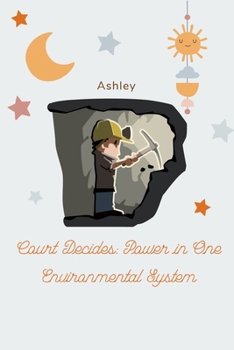Court Decides: Power in One Environmental System
Court Decides: Power in One Environmental System The quest for a unified approach to environmental regulation has long been a battleground, with proponents arguing for efficiency and opponents citing concerns over diluted oversight. A recent court decision has reignited the debate, placing the spotlight on the "One Environmental System" (OES) and its potential impact on the balance of power. The Case for OES: Streamlining and Efficiency Proponents of OES laud its ability to streamline the permitting process for industries like mining, energy, and waste management. Traditionally, these industries face a labyrinthine maze of approvals - each agency with its own regulations, leading to delays and inconsistencies. OES proposes a single application process, consolidating oversight under one umbrella. This, advocates argue, creates several benefits: - Reduced Costs: Companies can avoid the duplication of fees and paperwork, leading to significant cost savings. These savings can then be redirected towards environmental mitigation measures. - Increased Efficiency: OES eliminates bureaucratic hurdles. A single application and streamlined approvals expedite the permitting process, paving the way for quicker project initiation. - Enhanced Transparency: By consolidating information into one system, the OES fosters greater transparency. Public access to all relevant data improves public engagement and strengthens trust in the regulatory process.
Format:Paperback
Language:English
ISBN:3384221036
ISBN13:9783384221032
Release Date:May 2024
Publisher:Tredition Gmbh
Length:118 Pages
Weight:0.40 lbs.
Dimensions:0.3" x 6.0" x 9.0"
Related Subjects
NatureCustomer Reviews
0 rating





